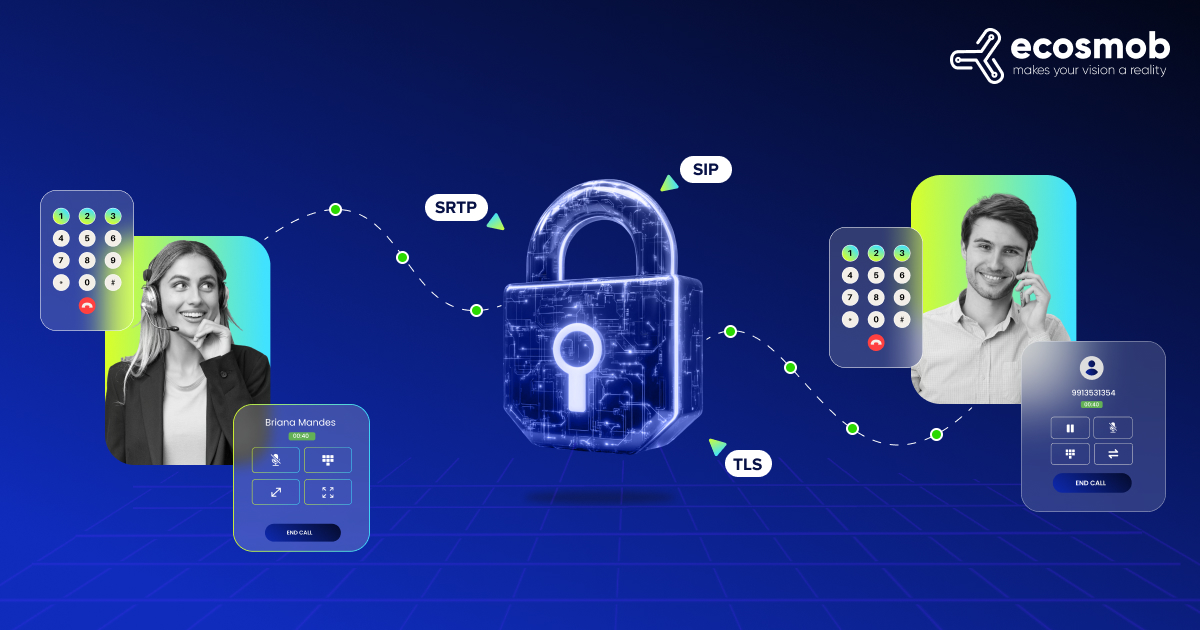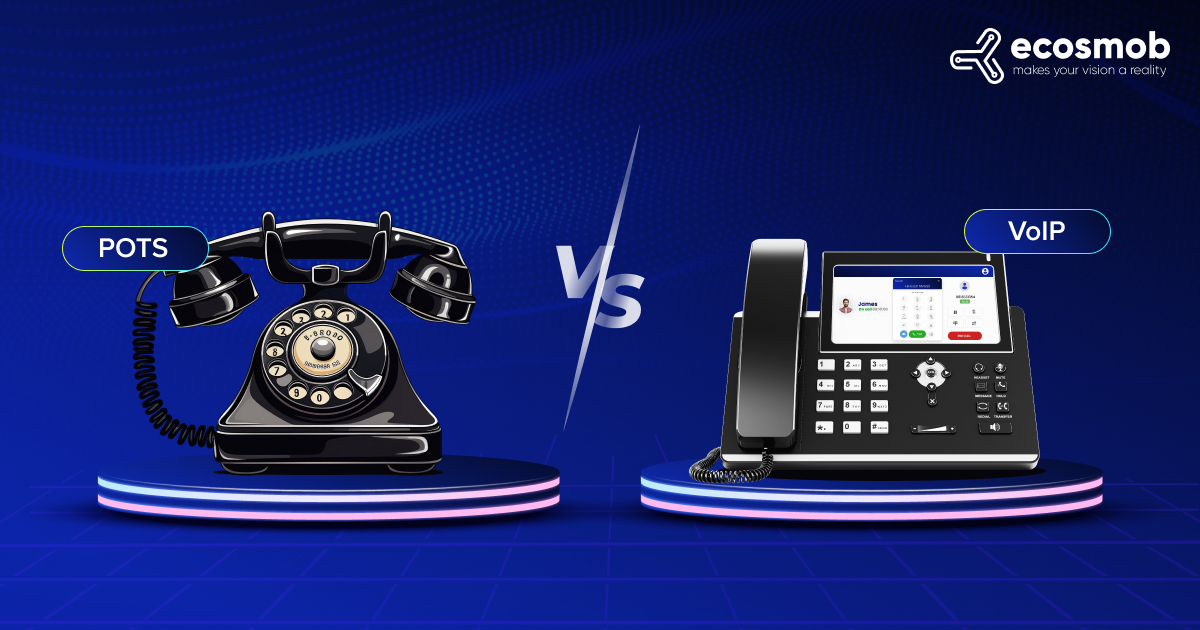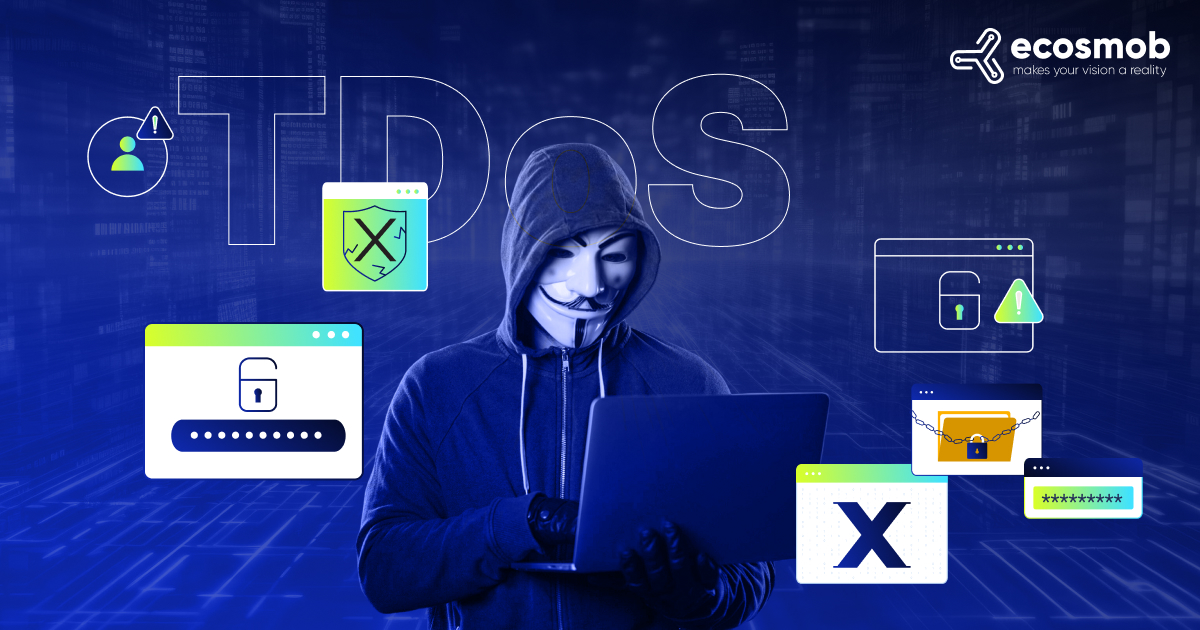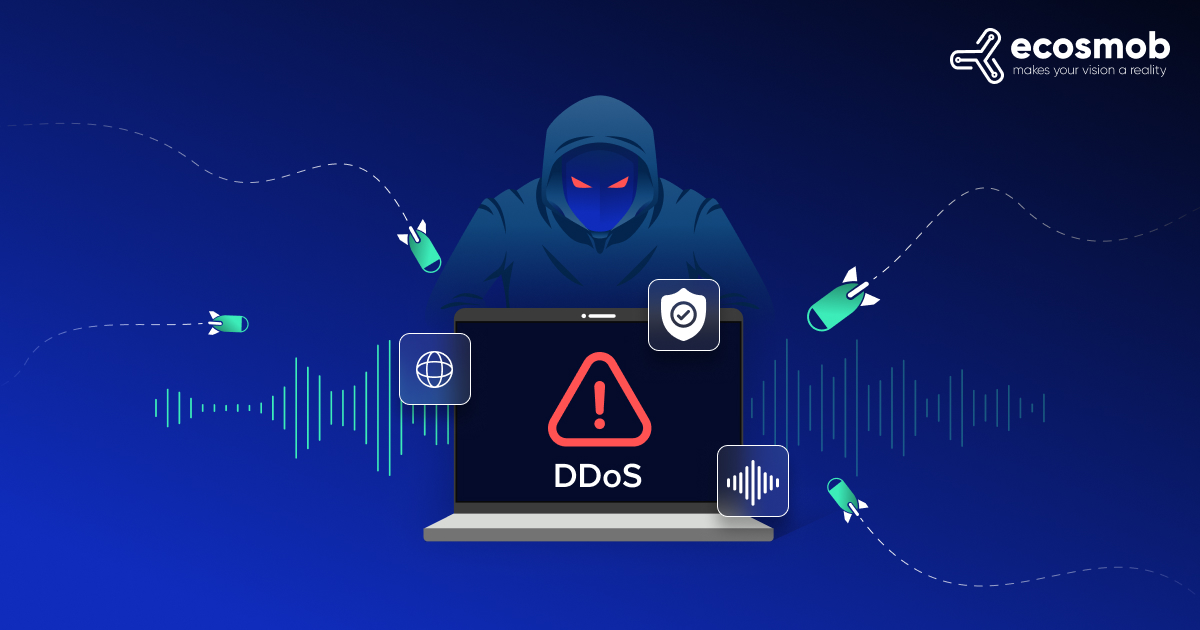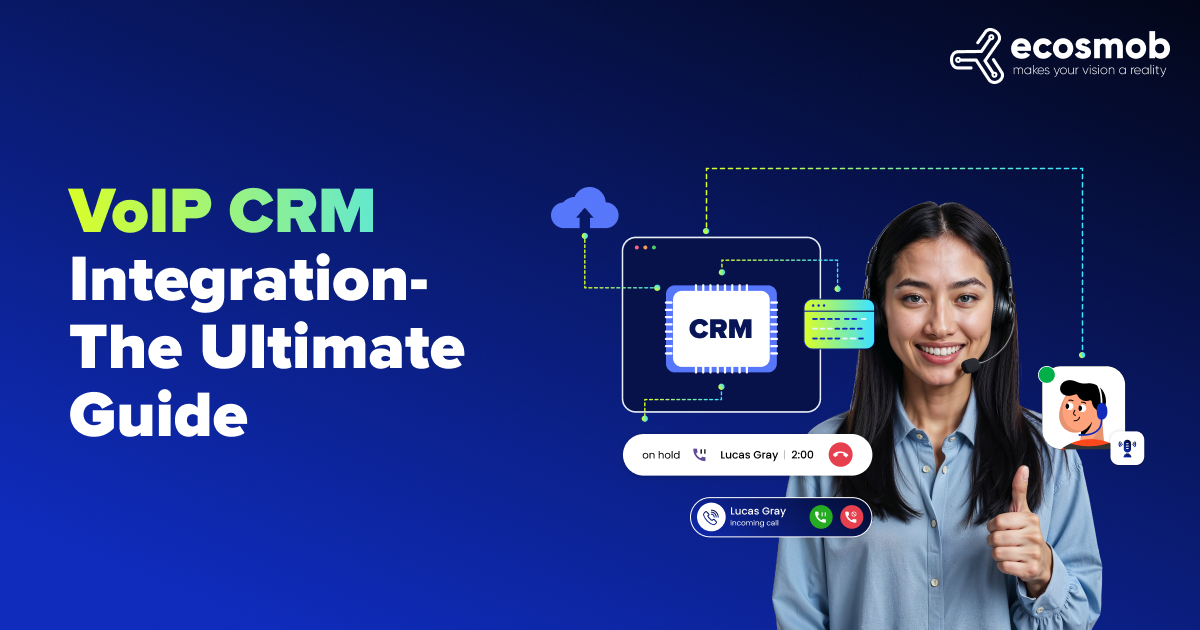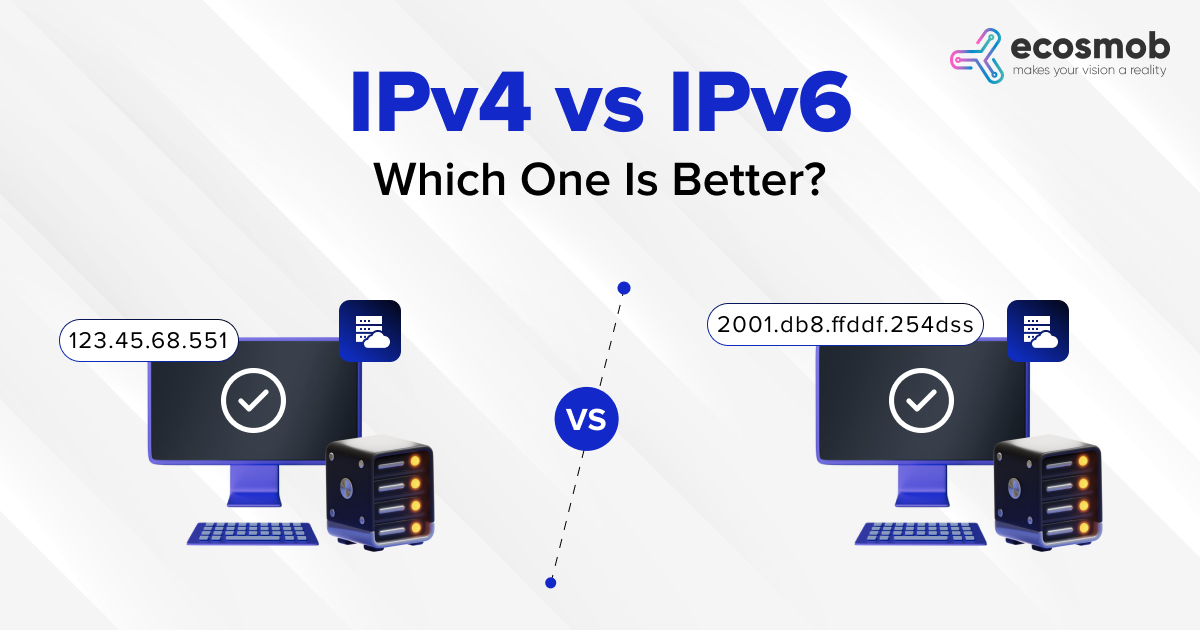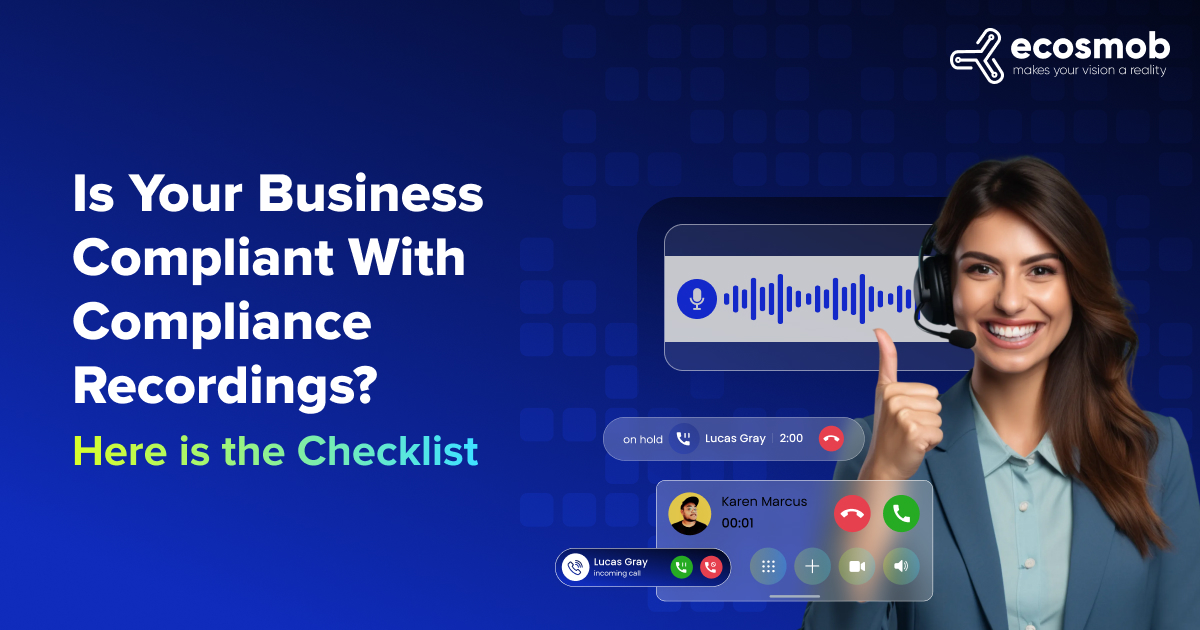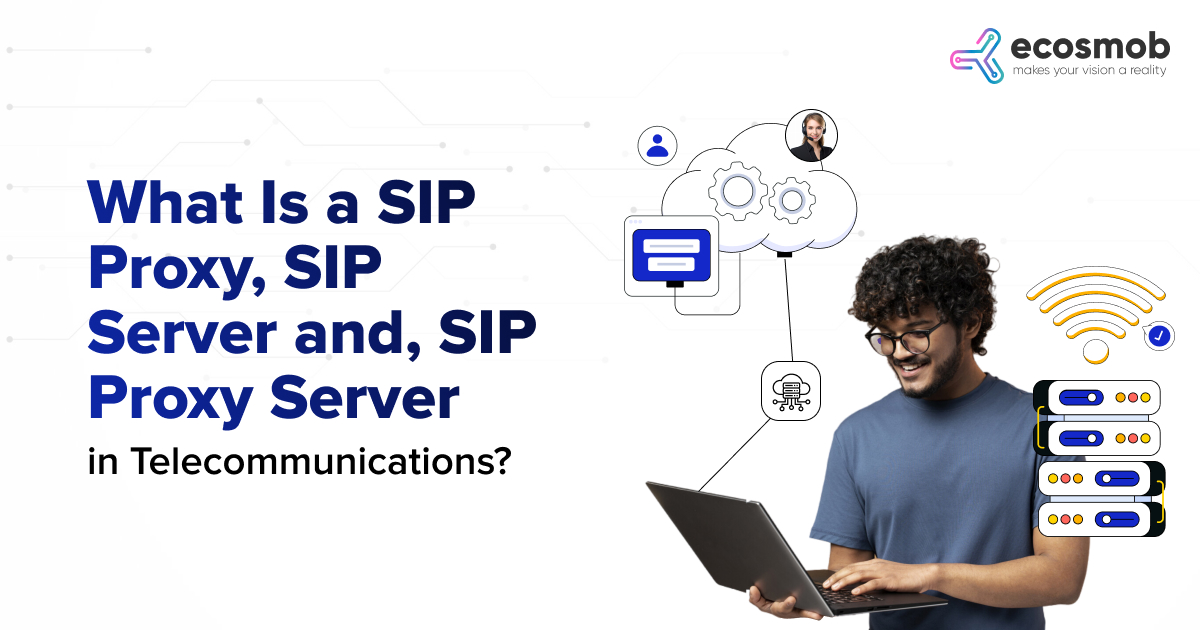QUICK SUMMARY
The following article dives into what SIP Encryption is, why it’s essential for VoIP security, and how different protocols like TLS and SRTP ensure encrypted SIP calls. It also explores SIP encryption methods, benefits, and real-world use cases to help you understand how to secure your communications effectively.
Conversations over the Internet are like open highways – without proper encryption and security, anyone can listen in or hijack your journey!
How?
With cyber threats lurking around every corner, securing your voice and video calls is more important than ever.
If you’re using VoIP (Voice over Internet Protocol), you might wonder if communication over SIP is secure.
Well, that depends on whether SIP encryption methods are in place. Without proper security, your calls can be intercepted, recorded, or even manipulated. That’s where SIP Encryption comes in to lock down your communications and keep hackers out.
Think your VoIP call can’t be hacked? Think again.
🔊What Is SIP Encryption?
Let’s break it down real quick!
SIP, or Session Initiation Protocol, is what makes internet calls possible. It sets up, manages, and ends VoIP calls. So, whenever you’re on a Zoom, Skype, or business VoIP call, SIP is likely doing the heavy lifting in the background. But here’s the thing –
Is communication over SIP secure by default? Not really!
That’s where SIP Encryption steps in.
Encrypted SIP calls are essential if you want to keep sensitive conversations private and safe from eavesdropping. Without SIP trunk encryption or proper safeguards, anyone with the right tools could potentially listen in or tamper with your calls. Shocking, right?
So, what does SIP encryption actually do?
It converts your call data into an unreadable format so that even if someone intercepts it, they can’t understand a thing. This is made possible using SIP encryption protocols like SRTP TLS encryption and SIP TLS. Together, they protect both the call setup and the voice stream, offering you end-to-end SIP encryption.
🔒Why is SIP not Secured By Default?
A lot of folks ask, “Is SIP encrypted by default?” The answer: not always!
And that’s where things get a little risky!
SIP itself was originally designed for functionality, not security. That means unless you actively take steps to protect it, your communication over SIP might be vulnerable to eavesdropping or tampering. This is why SIP encryption has become such a hot topic in the VoIP world.
SIP trunking encryption is critical for businesses that use VoIP services for handling customer calls or internal meetings.
Encrypted SIP VoIP(Voice over Internet Protocol) isn’t just an option anymore – it’s a necessity.
What makes SIP encryption essential for secure communication?
🔊 Why SIP Encryption Matter?
Okay, let’s be real – communication is everything, especially in today’s remote-first, digitally connected world. Whether it’s a sensitive business call, a customer support conversation, or a virtual meeting with your team, you want to be sure what’s said on the line stays on the line.
That’s where SIP encryption comes into play.
But wait – is SIP encrypted right out of the box?
Not necessarily. SIP was designed to connect calls, not protect them. That means unless you’re layering on the right security protocols, your conversations might be floating around the internet totally exposed. Imagine your VoIP traffic being hijacked or listened to.
Sounds alarming, right?
That’s why the SIP encryption protocol is critical—not just for tech teams but for anyone using VoIP regularly.
So, why does SIP encryption matter so much? Let’s break it down –
🔊 5 Common Threats to Unencrypted SIP Communication
1️⃣Eavesdropping
Hackers can intercept unprotected calls and listen in. Without encrypted SIP calls, sensitive information (like financials or client details) could easily be compromised.
2️⃣Call Hijacking
Ever heard of toll fraud? Attackers can take over a session, redirect calls, or even rack up international charges if your SIP trunking encryption isn’t solid.
3️⃣ Spoofing & Identity Theft
Without a secure SIP protocol, bad actors can impersonate someone else on a call, which can be disastrous in both business and legal contexts.
4️⃣ Data Tampering
If SIP encryption methods aren’t in place, hackers could alter your data packets mid-transmission – changing what’s said or sent.
5️⃣ DDoS
DDoS attacks can overwhelm VoIP systems, causing service disruptions, dropped calls, and making communication unreliable or unavailable.
“Without SIP encryption, your calls are wide open to digital eavesdropping and manipulation.”
🔒 5 Reasons that Make SIP Encryption a Must?
1️⃣ Privacy and Confidentiality
Whether you’re dealing with customer data or internal strategy calls, SIP trunk encryption helps prevent unwanted ears from tuning in.
2️⃣ Compliance
Regulations like GDPR and HIPAA require secure communication. Using a Session Border Controller helps keep your organization compliant.
3️⃣ Trust and Brand Reputation
Clients and customers trust companies that take security seriously. Having SIP encryption in place reinforces that you do.
4️⃣ Stronger Call Security
When you implement SRTP TLS encryption, both signaling and voice media are protected. And yes – is SIP TLS required for SRTP VoIP? Definitely. TLS kicks off the encryption process so SRTP can safely handle the media.
5️⃣ Better for Business
Companies using SIP trunking encryption reduce downtime, avoid breaches, and build more reliable systems for remote and hybrid teams.
“With the right SIP encryption methods in place, your conversations stay private, professional, and protected.”
🔑 Key Protocols Used in SIP Encryption
So, you want your VoIP calls to be secure. Great! But just enabling SIP won’t cut it—because is SIP encrypted by default? Nope. That’s why understanding the SIP encryption protocol landscape is key. Several robust protocols work together to protect your communication from being intercepted or tampered with.
The Core Protocols That Secure SIP
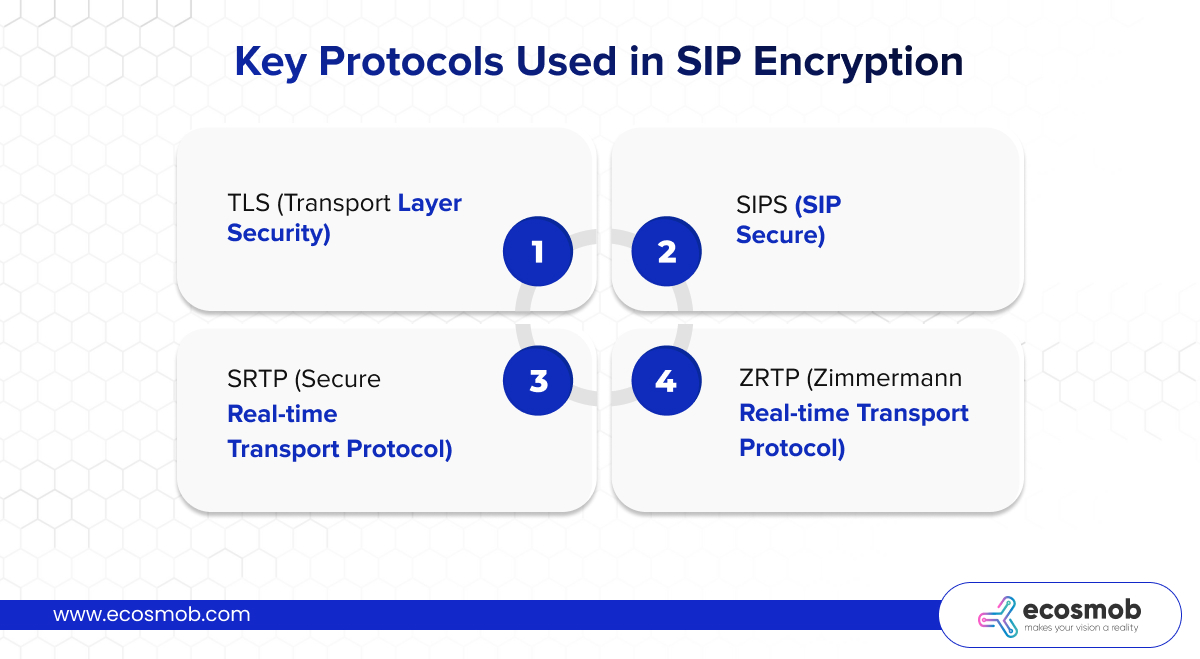 🔒 TLS (Transport Layer Security)
🔒 TLS (Transport Layer Security)
TLS encrypts the signaling part of SIP. Think of it like sealing the envelope before mailing a letter – it protects the call setup details.
If you’re wondering, is SIP TLS required for SRTP VoIP? – yes, it is.
TLS initiates a secure connection so that media (like your voice) can be safely transmitted later.
🔒 SRTP (Secure Real-time Transport Protocol)
This protocol handles the actual voice or video during a call. It adds encryption, message authentication, and integrity checks to real-time streams. Together with TLS, SRTP TLS encryption ensures full protection of both signaling and media streams.
🔒 SIPS (SIP Secure)
This is SIP over TLS. While regular SIP might expose info during call setup, SIPS ensures the entire signaling path is encrypted, making it a secure SIP protocol you can count on.
🔒 ZRTP (Zimmermann Real-time Transport Protocol)
ZRTP encrypts the media stream independently of the signaling path. This means end-to-end SIP encryption can be achieved even if the signaling isn’t encrypted – a good backup when other methods aren’t available.
Together, these protocols are the building blocks of SIP encryption methods – and when implemented correctly, they enable truly encrypted SIP VoIP communications.
🛡️ What Are the Benefits of SIP Encryption?
Let’s be honest – people don’t usually think about call security until something goes wrong. But SIP encryption isn’t just for high-risk industries. It’s about ensuring your business communications stay private, professional, and protected—no matter who’s on the line.
Here’s Why SIP Encryption Is a Game-Changer –
➡️ Total Call Privacy
Using encrypted SIP calls means your voice traffic is no longer vulnerable to eavesdropping or man-in-the-middle attacks. Whether it’s internal discussions or sensitive client chats, SIP encryption methods help you keep things confidential.
➡️ Compliance with Industry Regulations
Many industries – including healthcare, finance, and legal – are legally required to secure digital communication. Implementing a SIP encryption protocol helps meet HIPAA, GDPR, and PCI DSS standards with ease.
➡️ Data Integrity & Authenticity
SIP encryption prevents data tampering during calls. That means no one can hijack your session and inject false information into the conversation.
➡️ Builds Trust with Clients and Partners
When customers ask is communication over SIP secure? you can confidently say yes! Demonstrating that you’re using a secure SIP protocol can even be a selling point.
➡️ Protection from Fraud and Downtime
With SIP trunk encryption in place, you’re less likely to fall victim to toll fraud or call hijacking. That also means fewer outages and angry clients.
And just in case you’re still wondering, is SIP encrypted out of the box? Remember, it’s not!
However, adding SIP trunking encryption and SRTP TLS encryption closes the gap.
DID YOU KNOW?
SIP encryption isn’t just a protective measure – it’s your ultimate shield, fiercely guarding your voice and empowering your business!
🔊 What are the Use Cases of SIP Encryption?
SIP encryption is not just limited to call centers or big tech firms. Any organization using VoIP for internal or external communication can benefit from implementing SIP encryption methods. Why?
Because threats don’t discriminate by your industry-specific use case!
🛡️ 5 Real-World Scenarios Where SIP Encryption Shines –
1️⃣ Healthcare & Telemedicine
Doctors, nurses, and healthcare support staff need encrypted SIP VoIP to ensure that patient data shared over calls remains confidential. HIPAA requires a SIP encryption protocol, especially when discussing medical history or prescriptions.
2️⃣ Banking & Financial Services
Financial advisors, loan officers, and customer service reps rely on SIP trunk encryption to avoid data breaches that could compromise financial accounts or personal identities.
3️⃣ Legal, Consulting & Law Enforcement
Attorneys and consultants handle sensitive client data every day. Using end-to-end SIP encryption ensures no unauthorized party listens in or manipulates legal communications.
4️⃣ Remote Workforces & Hybrid Teams
With the rise of remote work, businesses rely heavily on VoIP systems. SIP trunking encryption secures every call, whether it’s from a home office or across the globe.
5️⃣ Customer Support & Sales Teams
Support teams often deal with private customer information. Encrypted SIP calls help avoid legal troubles and build customer confidence.
Still wondering if SIP is encrypted enough for your use case?
If you’re not using SRTP TLS encryption, the answer might be a NO!
“No matter your industry, securing voice data is no longer a luxury – it’s a necessity.”
Are you using VoIP without encryption?
🔊 Best Practices for Implementing SIP Encryption
So, you’re ready to secure your VoIP setup – awesome. But don’t just enable TLS and call it a day. Effective SIP encryption takes a bit of planning and some smart choices.
When done right, you’ll have fully encrypted SIP VoIP and peace of mind.
🔒 6 Best Practices to Make Your SIP Encryption Secure –
1️⃣ Use TLS and SRTP Together
It bears repeating – is SIP TLS required for SRTP VoIP? Absolutely. TLS protects the signaling, while SRTP secures the actual voice stream. Implementing SRTP TLS encryption together gives you true end-to-end protection.
2️⃣ Secure the Entire Call Path
From your device to the SIP provider’s servers, every point must be encrypted. SIP trunk encryption and SIP trunking encryption both play key roles in making this happen.
3️⃣ Choose a Trusted VoIP or SIP Provider
Not all providers offer true secure SIP protocol support. Vet your vendor to ensure they support the necessary SIP encryption protocol stack for full protection.
4️⃣ Keep Everything Updated
Security vulnerabilities often arise from outdated software. Make sure your SIP clients, PBXs, and routers are always running the latest patches.
5️⃣ Conduct Security Audits Regularly
Encryption isn’t a set-it-and-forget-it deal. Regular audits help ensure your SIP encryption methods are still up to the task and that no configurations have slipped.
6️⃣ Train Your Team on VoIP Security
Human error is still a major threat to VoIP security. Equip your staff with knowledge about best practices so they don’t accidentally weaken your encrypted SIP VoIP system.
“Encryption is only as strong as its weakest link – cover every angle to make it count.”
🛡️ Finally, A Secure SIP at Your Fingertip!
While digital conversations are constantly at risk, SIP encryption isn’t just a bonus – it’s a must.
So, now is the time to be serious about keeping your VoIP calls private and secure and making SIP encryption a top priority.
Ecosmob provides advanced SIP encryption solutions that safeguard your VoIP communications from eavesdropping and unauthorized access. Our tailored security protocols ensure your conversations remain private and secure in transit.
After all, peace of mind is just a layer of security away.
What is SIP in VoIP?
SIP (Session Initiation Protocol) is a signaling protocol used to start, maintain, and end voice and video calls over IP networks. It’s one of the core technologies behind VoIP, handling tasks like user location, call setup, and termination.
How does SIP work?
SIP doesn’t transmit voice itself - it sets up the session for voice to be carried, often by another protocol like RTP (Real-Time Transport Protocol). Think of SIP as the call coordinator: it handles the “ringing,” “answering,” and “hanging up,” while RTP handles the voice part of the call.
Is SIP the same as VoIP?
Not exactly. SIP is a protocol, while VoIP refers to the technology of making voice calls over IP networks. SIP is one of the most commonly used protocols for enabling VoIP, but not the only one. Others include H.323, MGCP, and WebRTC.
Why is SIP important in business communication?
SIP enables unified communication by supporting voice, video, messaging, and presence - all over a single internet connection. It’s scalable, cost-effective, and integrates well with cloud-based phone systems, making it ideal for modern business environments.
What is SIP encryption?
SIP encryption is the process of securing SIP signaling and media (voice) data to prevent eavesdropping, spoofing, and tampering. It ensures that both call setup and call content are private and secure.






